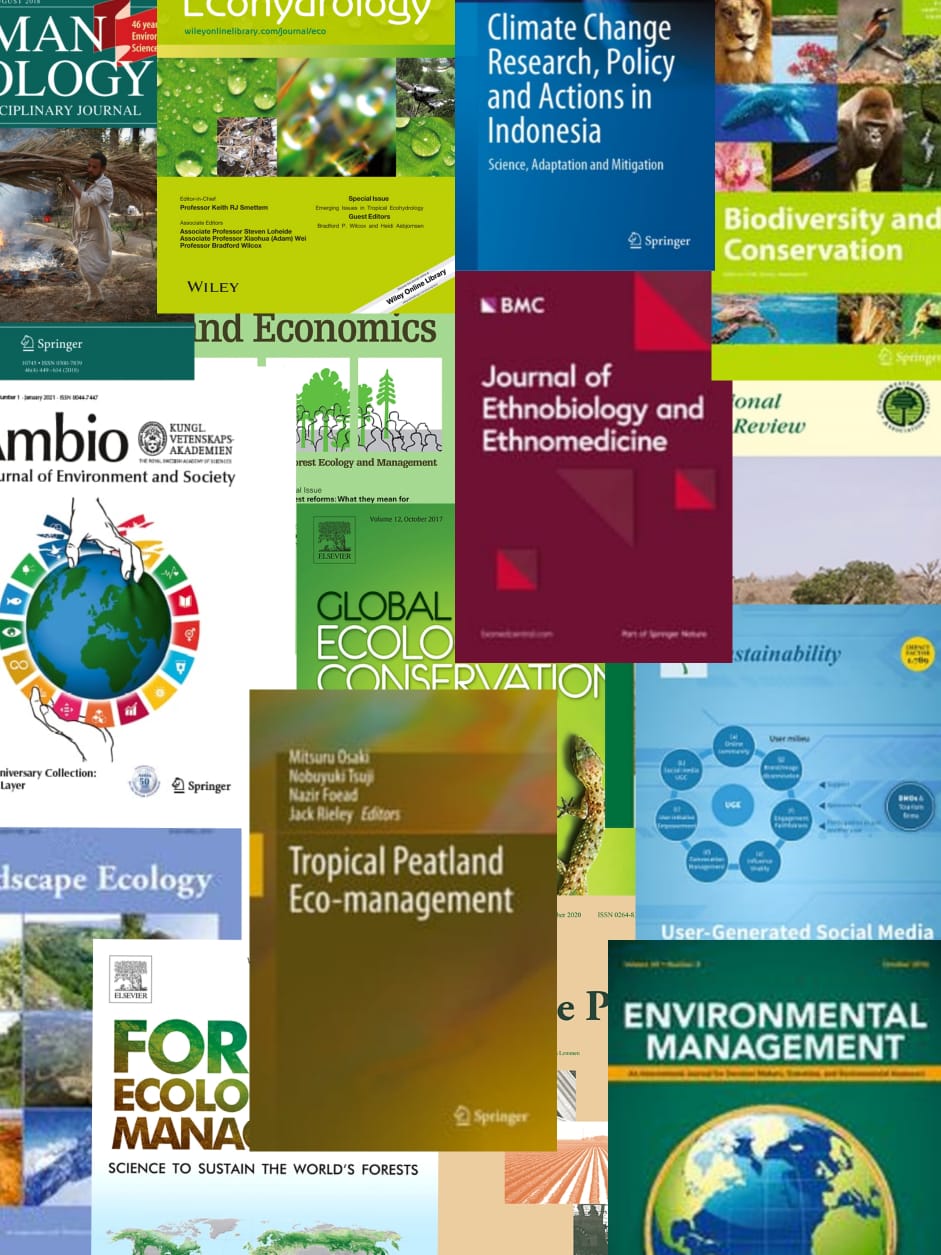Transboundary haze is one of the major environmental issues in Southeast Asia for the last three decades. The haze has not only affected the countries within the region, but even beyond because of the impacts on environmental concerns with greenhouse gas (GHG) emissions and biodiversity thus challenging international attempts to address these issues. Fires associated with agricultural and plantation development in Indonesia impact ecosystem services and release emissions into the atmosphere that degrade regional air quality and contribute to greenhouse gas concentrations. One solution to clearing the biomass without fire may be to harvest it and use it for power. Economic benefit of biomass conversion to power is undeniable, however, there is still debatable question on the emission impact of biomass burning and biomass utilization. A biomass utilization process involving transportation of biomass feedstock to the processing plant as well as the processing of the biomass to power, emitted certain amount of GHG. This study aimed to assess and compared the GHG emission of open forest burning and the GHG emission from biomass utilization in direct combustion processing for electricity. The result showed that the biomass to power utilization alternative has a carbon reduction of 11.701 t CO2/ t biomass while biomass open fire burning activity contribute to 0.06 t CO2/ t biomass of emission, which is less favorable as compared to biomass to energy alternative which contribute to the emission reduction. © 2017 The Authors.
View source

